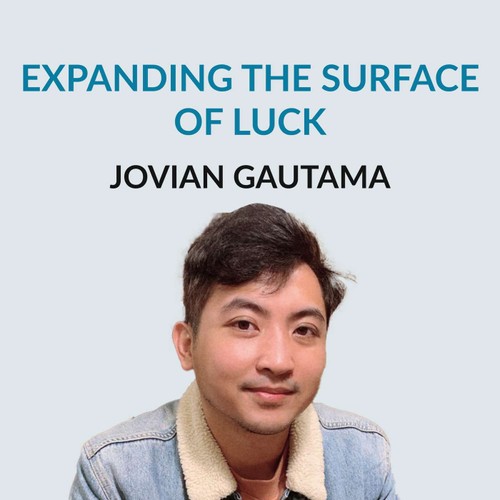
 The Pathless Path with Paul Millerd
The Pathless Path with Paul Millerd #163 Luck Maximization — Jovian Gautama on being Indonesian in Taiwan, learning English from MTV and Reddit, graduating from a tourism high school, selling steel, podcasting, learning "tech" online, becoming the CEO of Castro
Oct 12, 2023
Jovian Gautama, an Indonesian living in Taiwan, shares his journey and unique perspective on life. He discusses learning English from MTV, being an Indonesian in Taiwan, selling steel, getting into tech, the changing internet, hosting a podcast, and becoming the CEO of Castro.
AI Snips
Chapters
Transcript
Episode notes
Scholarship Path Out Of Jakarta
- Jovian won a scholarship from his tourism high school to study in Taiwan and used it to leave Indonesia.
- He chose tourism because it matched his English interest and curiosity about Western culture.
Campus Softens Culture Shock
- Taiwan felt less culture-shocked for Jovian because college peers helped him navigate language and daily life.
- He noticed Southeast Asians sometimes face condescending stereotypes but had mostly positive campus support.
From Steel Sales To Tech Curiosity
- After university Jovian sold steel doing international cold calls, which left almost no room for creativity.
- A meeting with a client who wanted to build a startup triggered his curiosity about tech and change.
